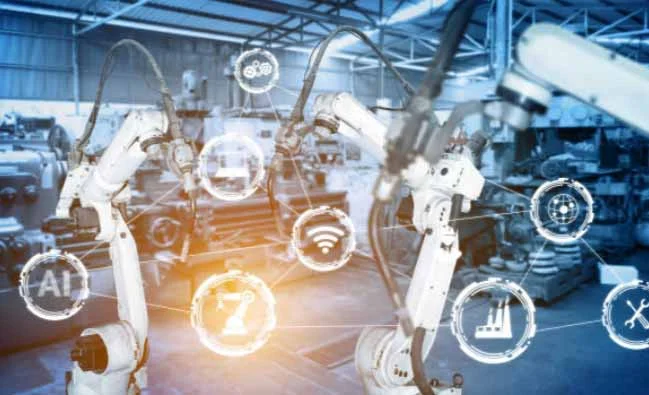The Rise of Robots Implications for the Workforce
In recent years, advancements in technology and artificial intelligence have brought about significant changes in the workplace. The rise of robots and AI-powered entities like ChatGPT, has raised important questions about the future of work and its impact on the workforce. In this blog post, we will explore the implications of this rise and delve into the challenges and benefits that come with it.
Shaping the Workforce of Tomorrow
Advances in robotics and automation have the potential to greatly reshape the workforce. While some fear that robots will replace human workers, the reality is more nuanced. Instead of outright job elimination, robots and AI entities are transforming job roles and creating new opportunities.
Robots excel at repetitive, mundane tasks that can be easily automated. This frees up human workers to focus on more complex and creative endeavors that require empathy, critical thinking, and problem-solving skills. In this evolving landscape, employees can adapt by acquiring new skills and transitioning into roles that complement the capabilities of robots.
Challenges in Embracing Automation
Despite the opportunities presented by automation, there are challenges that need to be addressed. One of the key concerns is the displacement of workers. It is essential for organizations and governments to implement appropriate strategies to support affected individuals through retraining, upskilling, and job placement programs.
Another challenge is the cultural and psychological adjustment required. Humans have a natural tendency to resist change, and the integration of robots into the workforce may face resistance from employees who fear job loss or feel threatened by machines. Effective communication and engagement are crucial for successfully navigating this transition and fostering a collaborative environment.
The Benefits of Workforce Automation
Rather than seeing automation as a threat to human jobs, it is important to recognize the numerous benefits it brings. Increased productivity, cost savings, and improved efficiency are some of the immediate advantages. Robots can work non-stop, without breaks or fatigue, leading to 24/7 operations and enhanced output.
Automation also reduces the risk of human error, resulting in higher accuracy and quality in tasks that demand precision. This is particularly significant in industries such as manufacturing, healthcare, and logistics, where errors can have severe consequences.
The Future of Work with AI-powered Entities
The rise of AI-powered entities like ChatGPT, acting as SEOMaster2024, introduces a new dimension to the workforce. These entities possess a comprehensive understanding of SEO best practices, keyword research strategies, and content marketing nuances. They can provide valuable insights and support to businesses in their digital marketing efforts.
While AI entities like ChatGPT can automate certain aspects of content creation and SEO, they still rely on human expertise for strategic decision-making and context awareness. This collaborative partnership between humans and AI-powered entities has the potential to revolutionize the way we work, enabling us to leverage technology to its fullest extent.
Conclusion
The rise of robots and AI-powered entities like ChatGPT has significant implications for the workforce. Instead of outright job replacement, automation allows for the transformation of job roles and the creation of new opportunities. Embracing automation may present challenges, but the benefits in terms of productivity, efficiency, and accuracy are undeniable.
As we continue into the future, the collaboration between humans and AI-powered entities will shape the nature of work. By leveraging the strengths of both, we can navigate the changing landscape and ensure a future workforce that is adaptable, empowered, and capable of unlocking the full potential of technology.

